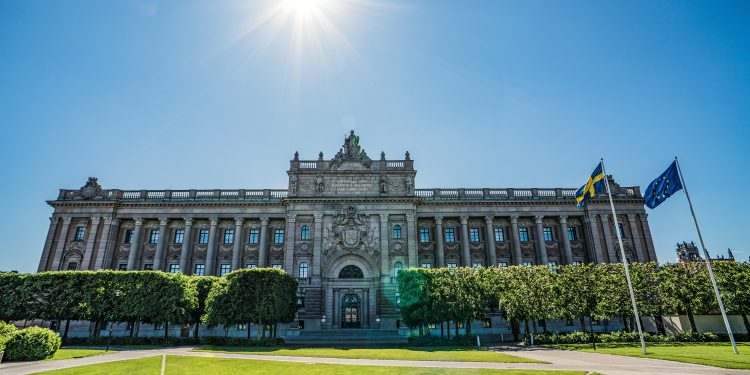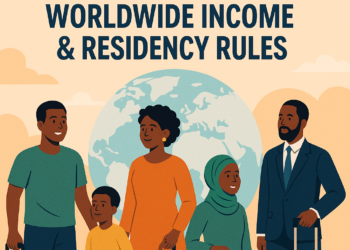The Swedish government has made a significant adjustment to the subsistence requirement for labour migrants, setting a minimum income threshold at 80 percent of the country’s average salary. This change in legislation is scheduled to take effect on November 1 2023.
The decision, outlined in a press release by the Swedish Justice Ministry, is aimed at curbing low-skilled labour immigration and combating associated fraud and abuse. Authorities believe that in many instances, low-skilled labour roles could be filled by individuals already residing in the country.
Maria Malmer Stenergard, the Migration Minister, commented on the move, stating;
- “A properly raised subsistence requirement is an important step in the government’s work to tighten the conditions for labor immigration. The level aims to reduce fraud and exploitation linked to labor immigration and to ensure that more people who are already in Sweden take the jobs that are available.”
Under this new requirement, labour immigrants will need to earn approximately €2,900 to qualify for a work permit. This amount corresponds to 80 percent of the average wage in Sweden for July, which stood at €3,614. It’s important to note that the income threshold will vary depending on the specific occupation.
While the average salary differs across sectors, with the Swedish Transport Administration having the highest at €4,027 and treatment of offenders having the lowest at approximately €2,900, labor immigrants will need to meet this requirement to secure a work permit.
Sweden’s labor market is characterized by relatively longer working hours, with Swedish workers putting in an average of 38.9 hours per week, according to Eurostat data.
While this exceeds the averages in some neighboring countries like the Netherlands (33.2 hours per week) and Norway (35.5 hours per week), it is still less than countries like Greece, where the average workweek is around 41 hours.
This adjustment in regulations stems from the Swedish Parliament’s approval of a bill last year, which led to changes in the Aliens Act. The alteration specifies the requirement for a stable financial state and does not impact labor immigrants from the EU or third-country nationals working seasonally in Sweden.
The decision was reached through an agreement involving several political parties, including the Sweden Democrats, the Moderates, the Christian Democrats, and the Liberals.
For any enquiries please, email our editorial team at [email protected]. If you liked this story, kindly sign up for Clariform Newsletter, a handpicked selection of stories that helps you clarify things that matter and gives you clear signals about your world, delivered directly to your inbox.
Please subscribe to our YouTube channel, and join thousands of Clariform on Facebook, Twitter and Instagram.












